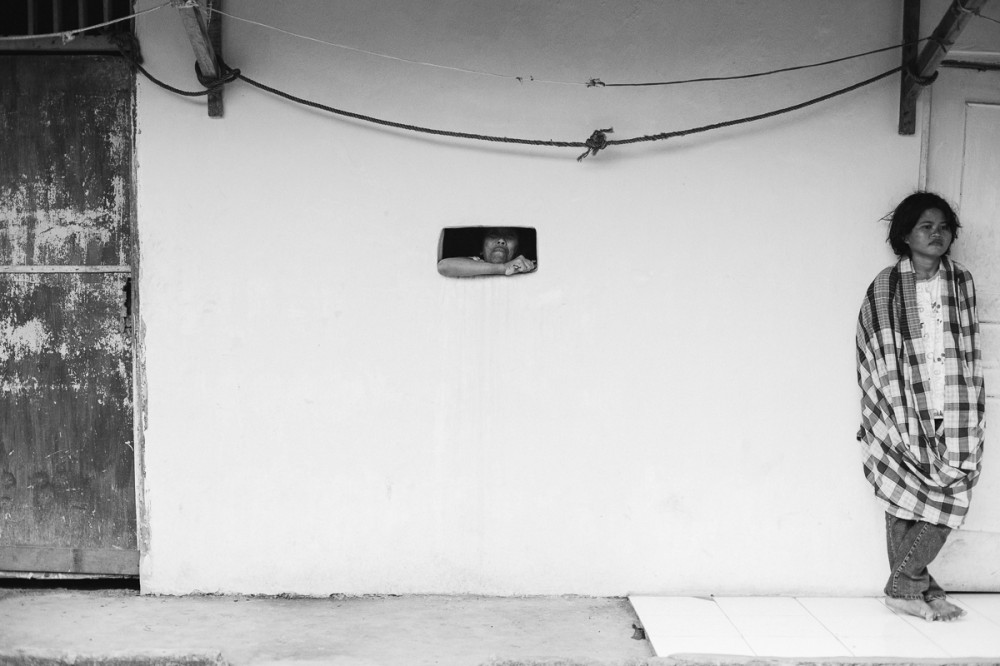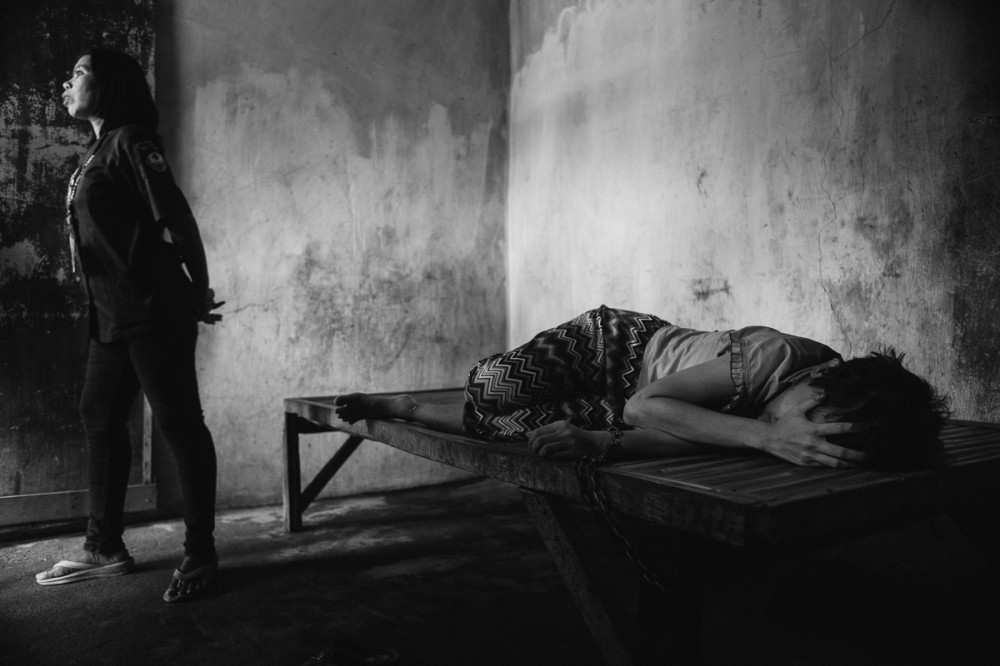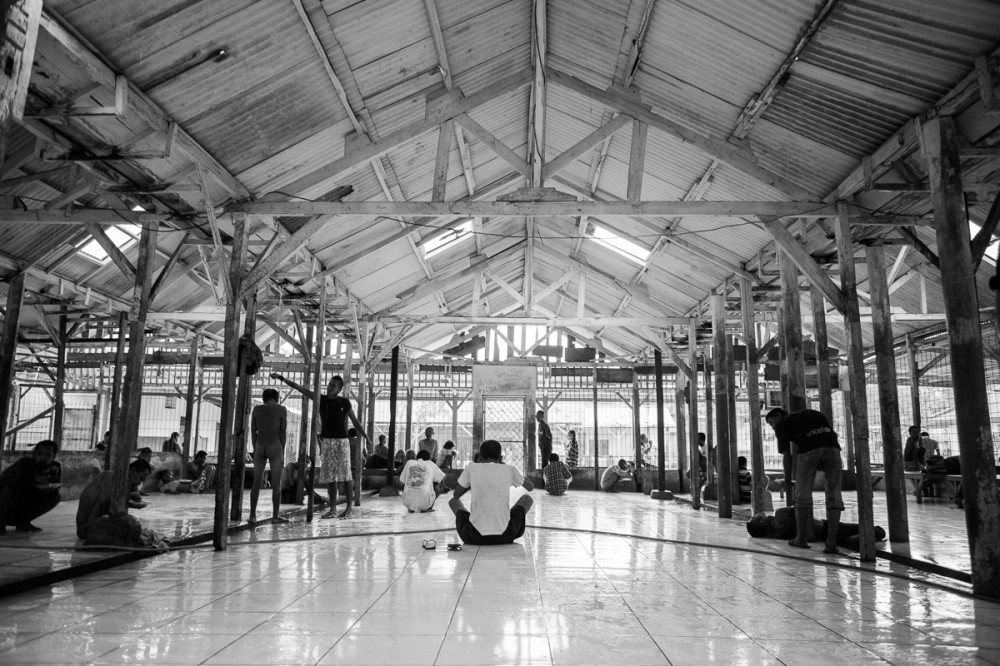Indonesia's Underserved Mental Health Patients
-
Prize
-
PhotographerGabriela Bhaskar, Indonesia
-
StudioGabriela Bhaskar Photographer
Despite Indonesia’s consistent economic growth, the country has
yet to see the benefits trickle down to its’ citizens most basic
needs, including mental health care.
For a country of 250 million people, there are less than 800
registered psychiatrist to serve the population, leaving many
Indonesians in underserved communities with little or no access to
care. In June 2014, the nation’s first mental health care bill
passed. It includes patients’ rights, suggestions for preventive and
promotive education, and loose plans to provide access to
patients. The first of few deadlines will be coming up in June 2015.
We will see if there is any progress made towards executing the
recommendations and to further set goals and deadlines to make
decision makers accountable for these projects
Thus far, patients and their families have turned to traditional
medicine and practices. If people suffering from mental health
issues and their families are convinced to try Western psychiatry,
the access to care is inconsistent, the medicine is expensive and
the hospitals are inaccessible. When all else fails, families and
communities often resort to caging, chaining or binding their
loved ones either at their homes or in semi-private facilities that
are partially funded by the Indonesian social services department
in order to prevent danger to all parties.
Aside from the severely dilapidated, underfunded and
understaffed semi-private institutions, there are some grassroots
organizations, and non-profit initiatives that are implementing
progressive programs; programs proven to be receptive, effective
and sustainable.
This is the story about the majority of people who fall are falling
through the cracks before the government can get their act
together and these smaller organizations reach them.




